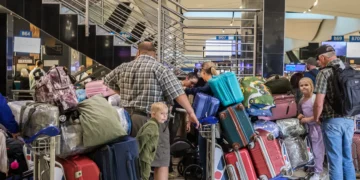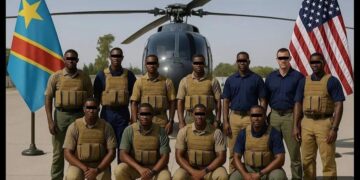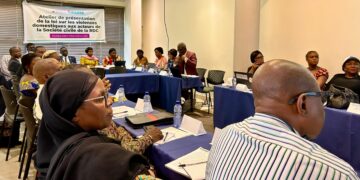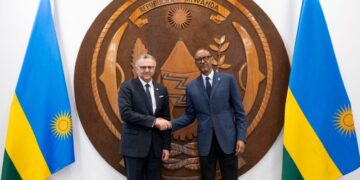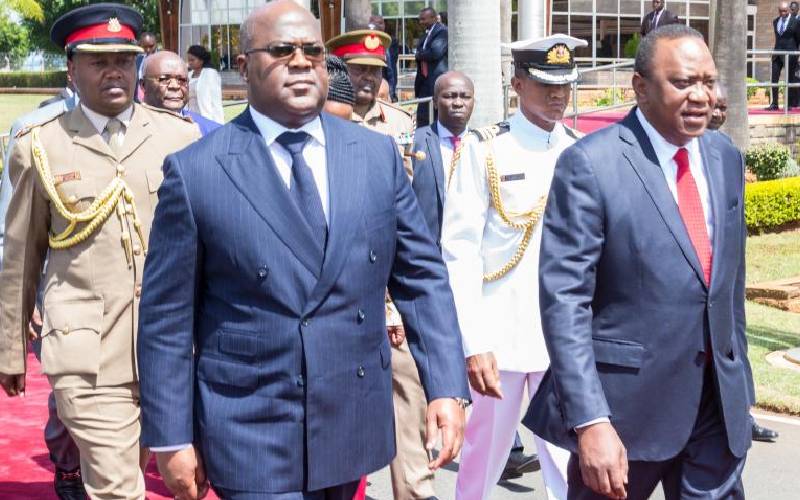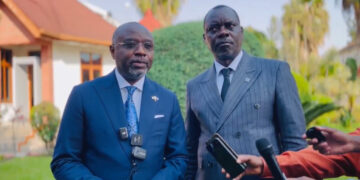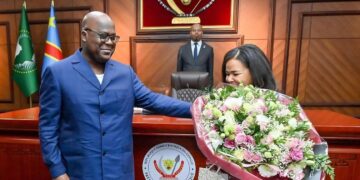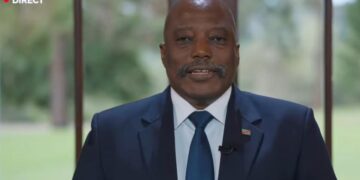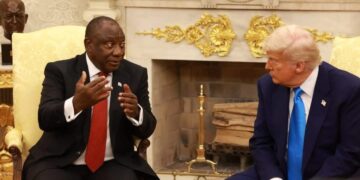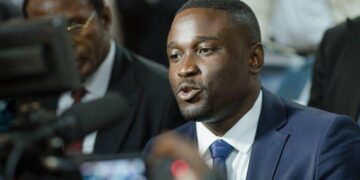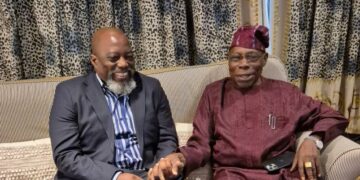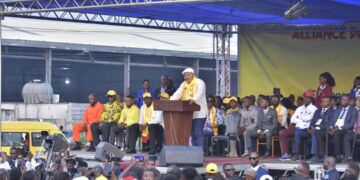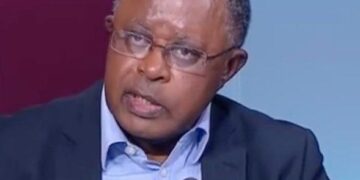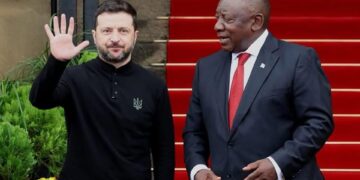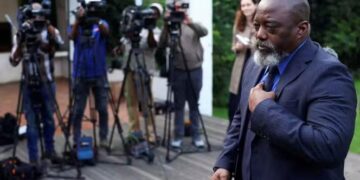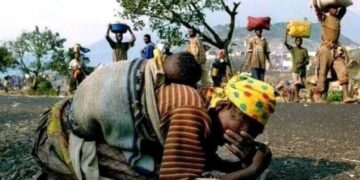“I have no common ground with Nangaa. NONE. But that doesn’t mean I can’t sit with him, because I have forgiven,” declared Fayulu, in a statement that immediately drew attention from the public and political analysts.
Martin Fayulu has long accused Corneille Nangaa of being one of the main architects of the so-called “electoral coup” of 2018. At the end of that presidential election, Nangaa declared Félix Tshisekedi the winner, although results compiled by the Catholic Church and several independent observers reportedly showed Fayulu with a clear lead.
The leader of the Lamuka coalition has never recognized Tshisekedi’s legitimacy and still presents himself as the “elected president of the people.” This stance has led him to adopt a hard line, refusing any compromise with those he holds responsible for the ongoing institutional legitimacy crisis in the DRC.
The statement made in Paris marks a notable shift in tone. By stating that he has “forgiven,” Fayulu seems to embrace either a spiritual or strategic approach. However, he made clear that forgiveness does not equate to condoning the past:
“Forgiving doesn’t mean erasing responsibility. It means moving forward for the greater good of the country.”
This nuance is central to Fayulu’s speech, as he tries to maintain a balance between remaining faithful to his principles and expressing a willingness for national reconciliation.
In the audience, reactions were divided. Some members of the diaspora saw the gesture as a sign of political maturity and a desire to move past personal grievances in favor of national dialogue. Others, more skeptical, interpreted it as a possible opening to behind-the-scenes political deals—or even a softening of his uncompromising opposition stance.
On the political front, Adolphe Muzito, a former Lamuka ally, welcomed it as “a message of peace that could open the way for a peaceful transition if followed by concrete actions.” In contrast, Moïse Katumbi, now a moderate opposition figure, remained silent, while some close to the government called Fayulu’s remarks “a tactic to reinsert himself into the political game.”
Political analyst Prof. Roger Mamba, based in Kinshasa, commented:
“Fayulu’s statement reflects a repositioning strategy. He knows the Congolese electorate is increasingly tired of radicalism and wants results. This language of forgiveness may be the start of a new chapter.”
As the DRC heads into new electoral and socio-economic challenges, Fayulu’s remarks could be interpreted as a call to break away from divisive politics. Whether this message will resonate with former allies, political adversaries, and—most importantly—the Congolese people remains to be seen.
In a country marked by decades of political crises, this extended hand—even symbolic—could help initiate a new phase in the democratic struggle, where forgiveness does not exclude justice or truth.


